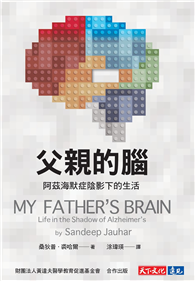Albert Einstein said, though no one can verify when or where he said it, that the problems facing us cannot be solved at the level of thinking that created them. If that is so, then it must surely be true of global problems. To solve global problems we need a new level of thinking. In Wide as the World: Cosmopolitan Identity and Democratic Dialogue Jack Crittenden examines and brings to life in a dialogue between two fictional characters this new level of thinking: dialectical thinking. Found through psychological research to be a higher-order thinking characteristic of advanced adult development, dialectical thinking transcends but embraces and integrates difference and ambiguity. It permits those using it to expand their perspectives, their worldviews, and even their identities to cosmopolitan or worldwide proportions. Crittenden suggests that when built in as part of the structures of democratic dialogue, dialectical thinking can help elected officials and ordinary citizens alike, from local meetings to global institutions, address and solve our most vexing problems
| FindBook |
有 1 項符合
Wide As the World: Cosmopolitan Identity, Integral Politics, and Democratic Dialogue的圖書 |
 |
Wide as the World: Cosmopolitan Identity, Integral Politics, and Democratic Dialogue 作者:Crittenden 出版社:Lexington Books 出版日期:2011-03-15 語言:英文 規格:精裝 / 341頁 / 22.9 x 15.5 x 2.8 cm / 普通級 |
| 圖書館借閱 |
| 國家圖書館 | 全國圖書書目資訊網 | 國立公共資訊圖書館 | 電子書服務平台 | MetaCat 跨館整合查詢 |
| 臺北市立圖書館 | 新北市立圖書館 | 基隆市公共圖書館 | 桃園市立圖書館 | 新竹縣公共圖書館 |
| 苗栗縣立圖書館 | 臺中市立圖書館 | 彰化縣公共圖書館 | 南投縣文化局 | 雲林縣公共圖書館 |
| 嘉義縣圖書館 | 臺南市立圖書館 | 高雄市立圖書館 | 屏東縣公共圖書館 | 宜蘭縣公共圖書館 |
| 花蓮縣文化局 | 臺東縣文化處 |
|
|
圖書介紹 - 資料來源:博客來 評分:
圖書名稱:Wide As the World: Cosmopolitan Identity, Integral Politics, and Democratic Dialogue
|









